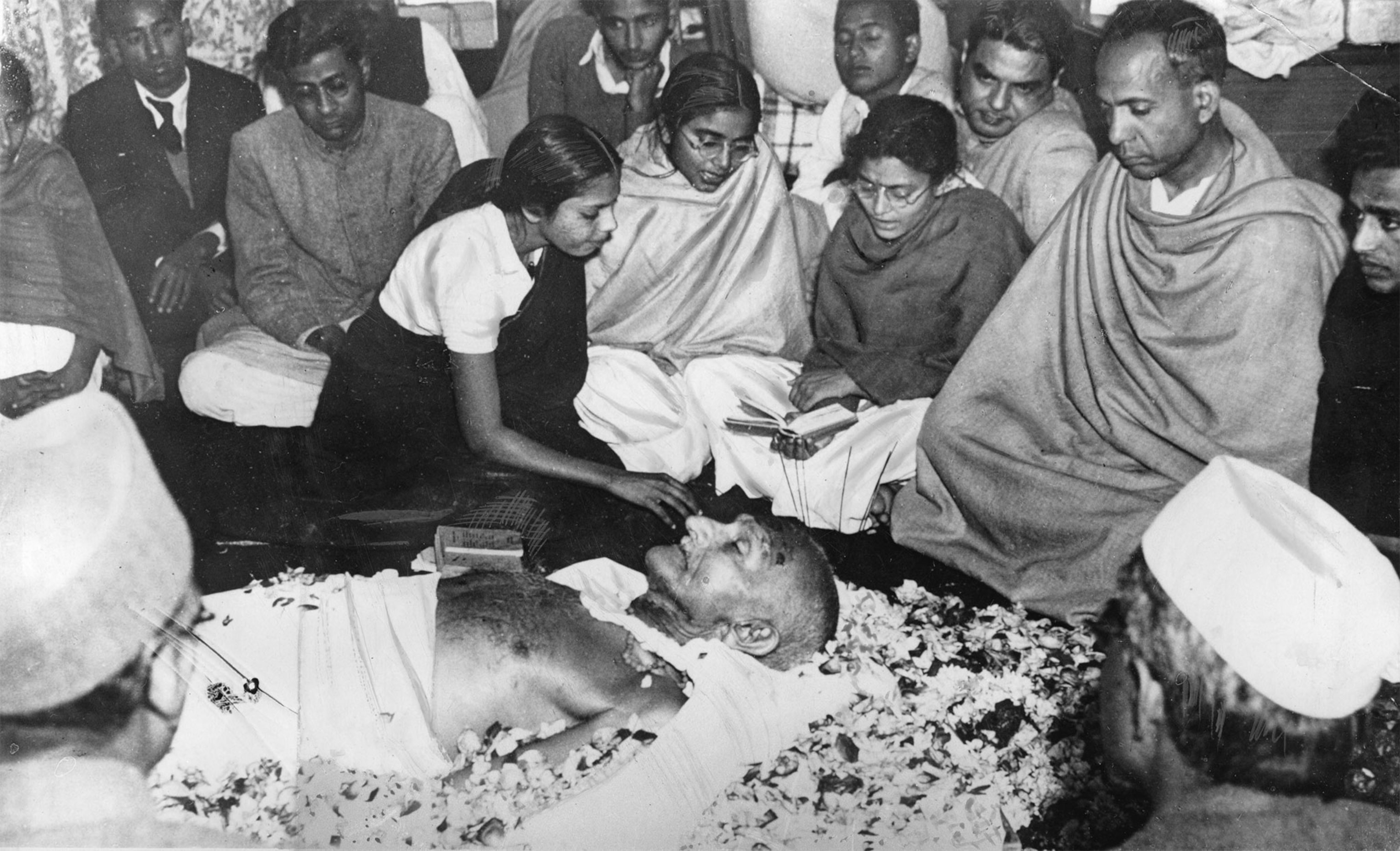
Here’s What Happened the Last Time the Cubs Won the World Series
Henry Ford introduced the Model T, Butch Cassidy died in a shootout, and more.
This week, the Chicago Cubs won Major League Baseball’s World Series. As Cubs fans know, this was a long time coming: Chicago hadn’t won the title since 1908.
To give you some historical perspective of just how long ago that victory was, we’ve compiled a list of what happened the last time the Cubs won a World Series. (And after that, stick around to see what happened in 1948, the last time their competitor, the Cleveland Indians, won the title.)
In 1908 …
The United States had no income tax (that would come five years later). Turkey was still part of the Ottoman Empire, and writers Mark Twain and Leo Tolstoy were still alive. The tragedy of the Titanic and the devastation of World War I were still a few years away. Here’s what else was going on.
- Workers assembled the First Model T Ford at the Piquette plant in Detroit on September 27.
- China’s last emperor, Puyi, ascended the throne at age two on December 2.

- The “Gentlemen’s Agreement” between the United States and Japan officially went into effect on February 18. Japan restricted Japanese emigration to the United States, and San Francisco repealed an order segregating Japanese and caucasian students in school.
- Tsar Ferdinand I declared Bulgaria’s independence from the Ottoman Empire on September 22.

- Outlaws Butch Cassidy and the Sundance Kid were killed in a shootout with Bolivian troops on November 6. (Or were they?)
- The privately-owned Congo Free State became the Belgian Congo on November 15. Although it was no longer under the sole control of Belgium’s King Leopold II, the region remained a Belgian colony until 1960.
And finally: In 1908, Arizona, New Mexico, Hawaii, and Alaska were not states. In 2001, the Arizona Diamonds won the World Series—which means that the last time the Cubs won the title, the state of a future title winner didn’t even exist.
In 1948 …
World War II was only three years in the past. In Southeast Asia, people were transitioning from wartime Japanese rule. Some regions were establishing themselves as new nations, while others would remain European colonies into the 1950s. In Europe, countries were trying to rebuild from the war’s destruction. And in the United States, WWII veterans were buying homes and going to college thanks to the GI Bill. Also that year:
- Mohandas Gandhi, an activist for Indian independence from Britain, died on January 30 in Delhi. Gandhi had been on his way to a prayer meeting when an assassin shot him.

- The National Association for Stock Car Auto Racing (NASCAR) held its first race on Daytona Beach, Florida, on February 15.
- President Harry S. Truman signed the Marshall Plan on April 3. The plan, nicknamed after Secretary of State George C. Marshall, would eventually provide $12 billion to war-ravaged Western Europe.
- The United Nations established the World Health Organization on April 7.
- A rhesus monkey (Macaca mulatta) named Albert I quietly became the first animal in space. On June 11, he took off from White Sands, New Mexico, in a V-2 Blossom. Unfortunately, he did not survive.
- The southern half of Korea separates to become the First Republic of South Korea in August.
This story was updated on November 3 to reflect that the Cubs won.